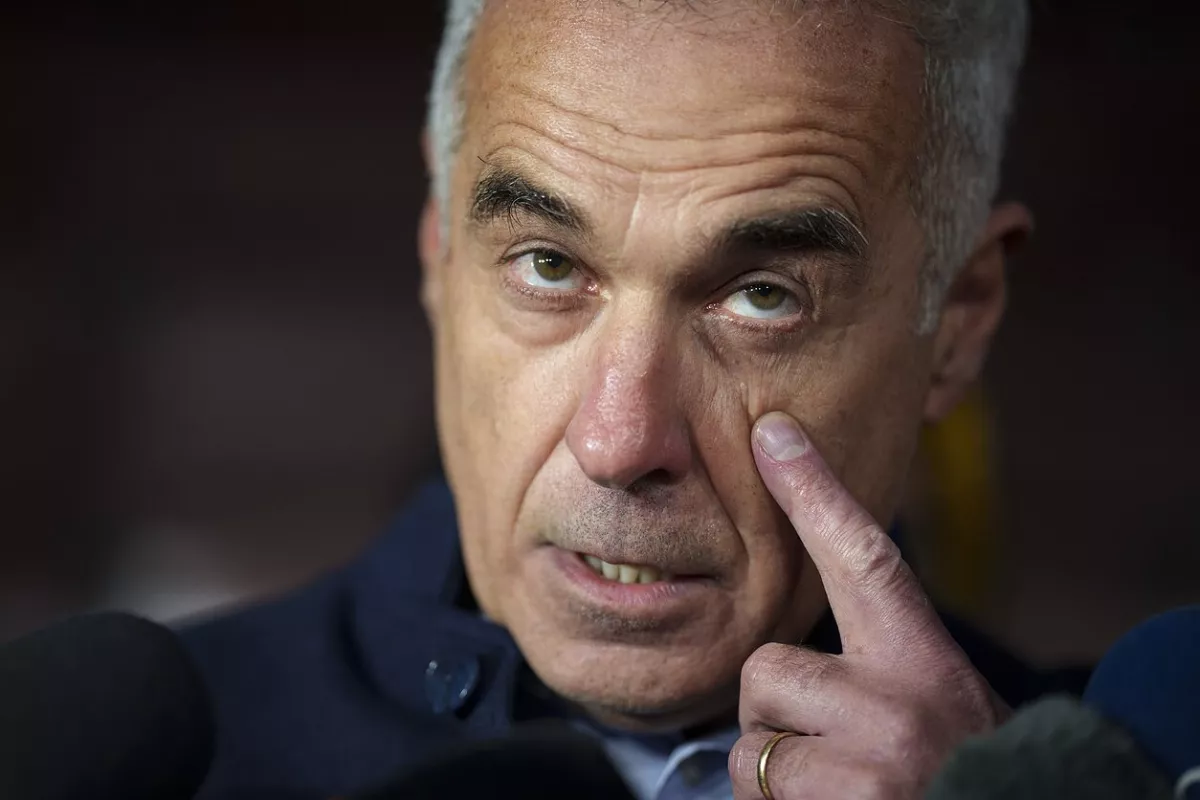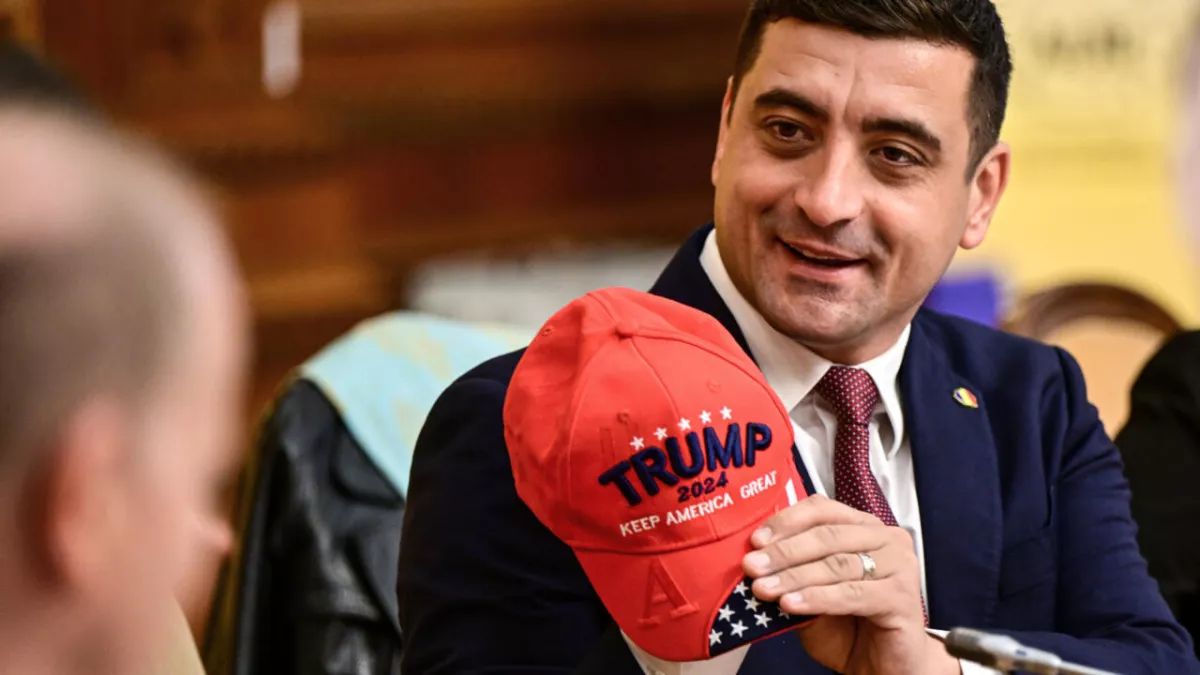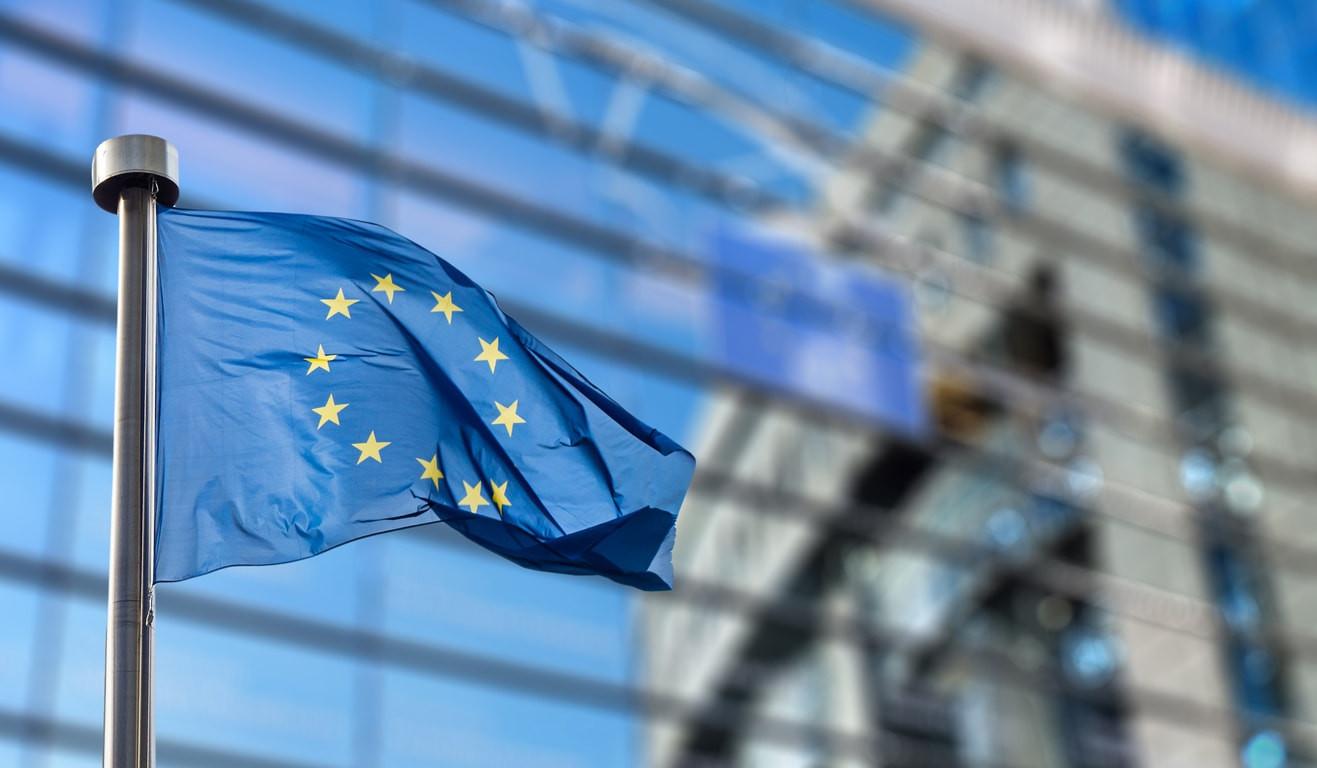"Make Romania Great Again" vs. Brussels' dictate EU division deepens
A new weak link has emerged in the increasingly strained chain of the European Union — Romania. The results of Sunday’s first round of repeat presidential elections have sparked concern in Brussels.
The undisputed winner was the leader of the "Alliance for the Union of Romanians" (AUR), George Simion. The movement, which emerged in 2020 amid protests against vaccination, confidently secured 40.5% of the vote in 2025. After the release of exit poll results, Simion said: "I want to thank from the bottom of my heart all those who chose to vote [for me] with the number one position on the ballot paper. It was an act of courage, trust and solidarity. I am grateful and assure them that their trust will not be betrayed."
The candidate from the ruling liberal coalition, Crin Antonescu, received only 20.34% of the vote. Bucharest Mayor Nicușor Dan came in second with 20.99%. Antonescu was forced to concede defeat, calling the outcome “inevitable.”
It should be noted that the second round will take place on May 18, featuring the two candidates with the highest number of votes.

The saga of the Romanian presidential elections has been ongoing for almost six months. The initial vote, which took place in November 2024, was annulled after the unexpected victory of the non-systemic right-wing candidate, Călin Georgescu. This came as a shock not only to Romania’s political system but also to the EU. According to the pre-planned political scenario, the presidential race was supposed to be between the leader of the Social Democratic Party, Marcel Ciolacu, and the current frontrunner, George Simion.
Georgescu was expected to secure at best third place, but when he garnered nearly 30% of the vote, the establishment sensed a threat. The authorities accused him of illegally inflating votes through TikTok and using covert resources from the Kremlin. The election results were annulled by Romania's Constitutional Court on December 6, 2024 — just 48 hours before the supposed second round.
The removal of Georgescu from the election race sparked mass protests within the country and raised questions beyond its borders. What was happening resembled attempts to "shut the mouths" of undesirable candidates, fitting into the troubling political trends within the EU — such as the exclusion of Marine Le Pen from the electoral process and the recognition of "Alternative for Germany" as an extremist organisation.
Georgescu attempted to re-enter the race, but on March 9, the Central Election Bureau rejected his participation. The prosecution levelled six charges against him, triggering a new wave of unrest in Bucharest.

However, a revolution did not occur in Romania, and Georgescu's supporters shifted their votes to another right-wing candidate — Simion. For the establishment, he is seen as a more acceptable figure. He is not regarded as a "pro-Russian" politician, and he cites Donald Trump as a role model, dreaming of "reviving Europe" on the principles of "Make America Great Again." This does not please Brussels, but for the EU, Simion is still the "lesser evil."
The new potential leader of Romania has also made controversial statements. Simion has repeatedly voiced territorial claims against Ukraine and Moldova and has spoken about the need to revise the outcomes of World War II. Moreover, he claimed that he would reveal "how much we have invested in military actions in Ukraine at the expense of Romanian children and elderly people."
As in other countries, voting for the right-wing in Romania is a form of protest. The average household income here is one-third of the EU average, and discontent with the government remains high. The rising cost of food and essential goods is likely to be a key factor influencing the election outcome. Over 30% of Romania's 19 million people are on the brink of poverty and social exclusion. Nearly 20% of the working-age population is employed abroad.
The new president of Romania will hold the powers of the head of the executive branch and have broad authority over foreign policy, national security, defence spending, and judicial appointments. He will also represent the country on the international stage and have the power to veto critical EU decisions. The position of the right-wing is further strengthened by the fact that in December 2024, in the parliamentary elections, Simion's AUR and other far-right parties secured 35% of the seats.

Summing up the likely victory of George Simion, experts highlight several key aspects. The success of the right-wing will pose a challenge for the EU. Romania may join Hungary and Slovakia in pursuing an independent policy, which would lead to the formation of an opposition bloc within the European Union. Ironically, this process concerns Eastern European countries, which were once the main beneficiaries of EU membership.
Romania could also become a potential "Trojan horse" of Donald Trump, a supporter of whom is Simion. However, on the other hand, euro-optimists may point to the example of Italy’s far-right, who, upon coming to power, did not rock the boat.
If George Simion wins, it will complicate Romania's relationship with Moldova, where parliamentary elections will take place in five months. A victory for the unionists in Bucharest will irritate supporters of Moldova’s independence. As early as May 2015, Simion was declared a persona non grata in Moldova for actions "threatening the national security of the country." This ban was extended for another five years in February 2024.
Simion’s victory could also become a serious problem for Kyiv. Despite his criticism of Russia, he has repeatedly made territorial claims against Ukraine, primarily regarding lands ceded by Romania as a result of World War II. He is opposed to the unconditional support of the Ukrainian government and points to the significant costs Romania bears in continuing the conflict in the East.
Moscow, in turn, sees a chance, if not for an ally, then at least for a potential "Trojan horse" within the EU, undermining the Union's unity from within.
The stakes are high ahead of the second round of Romania's presidential elections, and the outcome of the race is not yet decided. It is quite possible that Simion’s opponents — Antonescu and Dan — will unite and nominate a single candidate. Only a few days remain until the conclusion.








